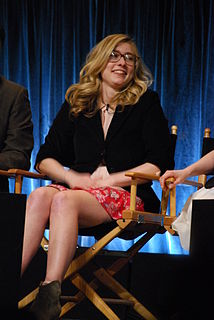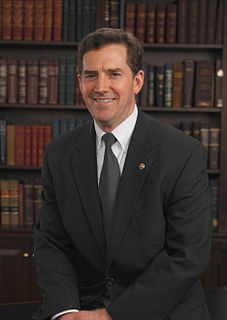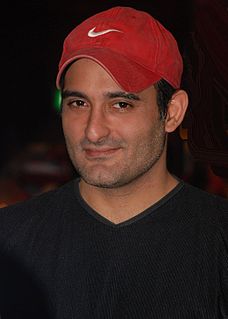A Quote by Hilton Als
I was an actor for a little bit. That's when I started to understand fiction - and that one of the great things about fiction is that you're dependent on the characters as much as they're dependent on you.
Related Quotes
It had also been my belief since I started writing fiction that science fiction is never really about the future. When science fiction is old, you can only read it as being pretty much about the moment in which it was written. But it seemed to me that the toolkit that science fiction had given me when I started working had become the toolkit of a kind of literary naturalism that could be applied to an inherently incredible present.
You can, in short, lead the life of the mind, which is, despite some appalling frustrations, the happiest life on earth. And one day, in the thick of this, approaching some partial vision, you will (I swear) find yourself on the receiving end of - of all things - an "idea for a story," and you will, God save you, start thinking about writing some fiction of your own. Then you will understand, in what I fancy might be a blinding flash, that all this passionate thinking is what fiction is about, that all those other fiction writers started as you did, and are laborers in the same vineyard.
Did you get Mom a birthday present?" Helen asked. "Yes," Gansey replied. "Myself." "The gift that keeps on giving." "I don't think that minor children are required to get gifts for their parents. I'm a dependent. That's the definition of dependent, is it not?" "You, a dependent!" his sister said, and laughed. "You haven't been a dependent since you were four. You went straight from kindergarten to old man with a studio apartment.
I think it's important to humanize history; fiction can help us remember. A lot of books I've read in the past have been so much more important than textbooks - there is an emotional connection with one particular person. I'm very much of a research-is-important type of fiction writer, even for contemporary fiction. I wrote about blogs in America and I've never blogged. But I read many, many blogs - usually about feminist things, or about race, or about hair.






































